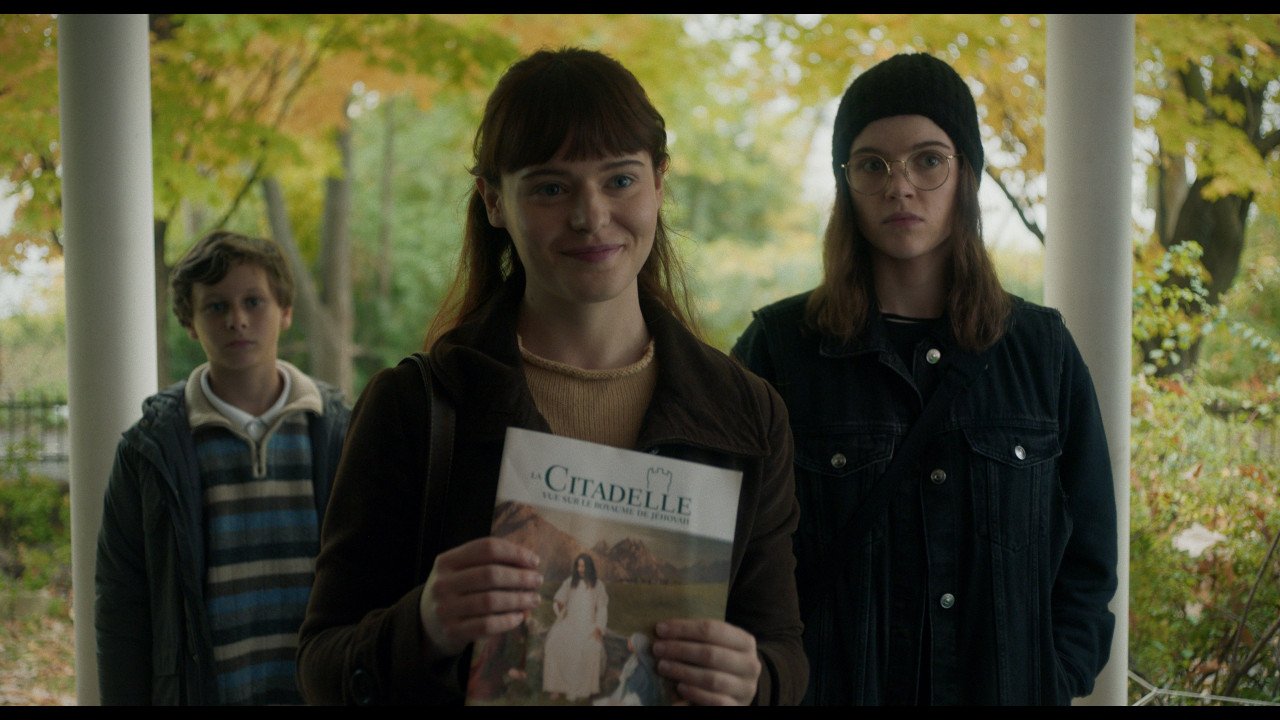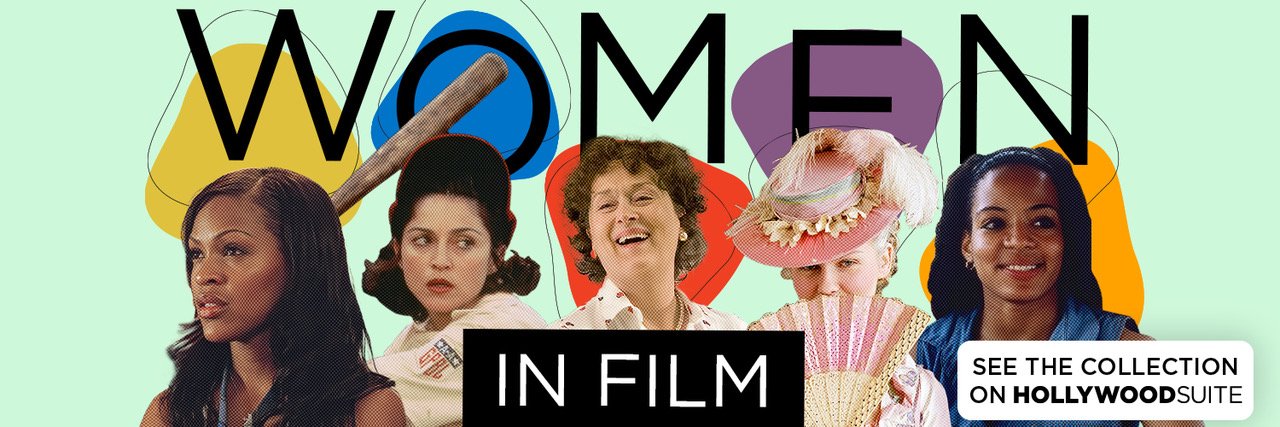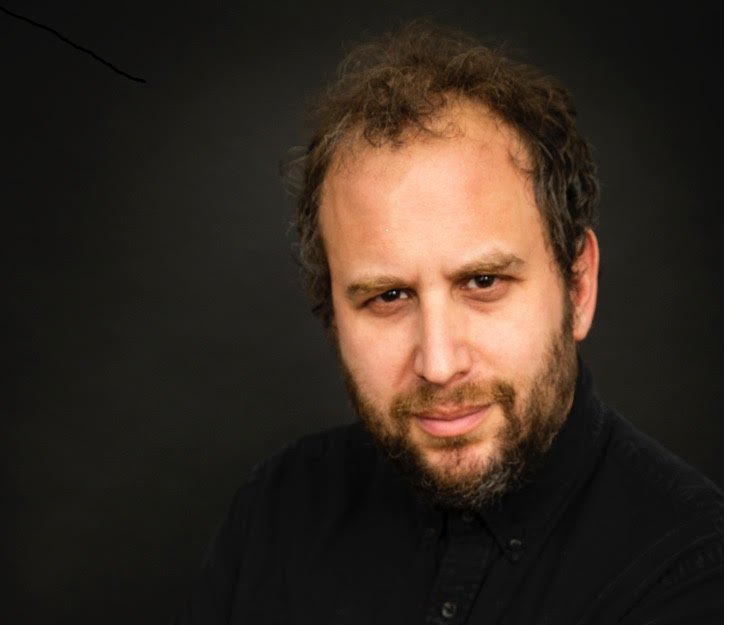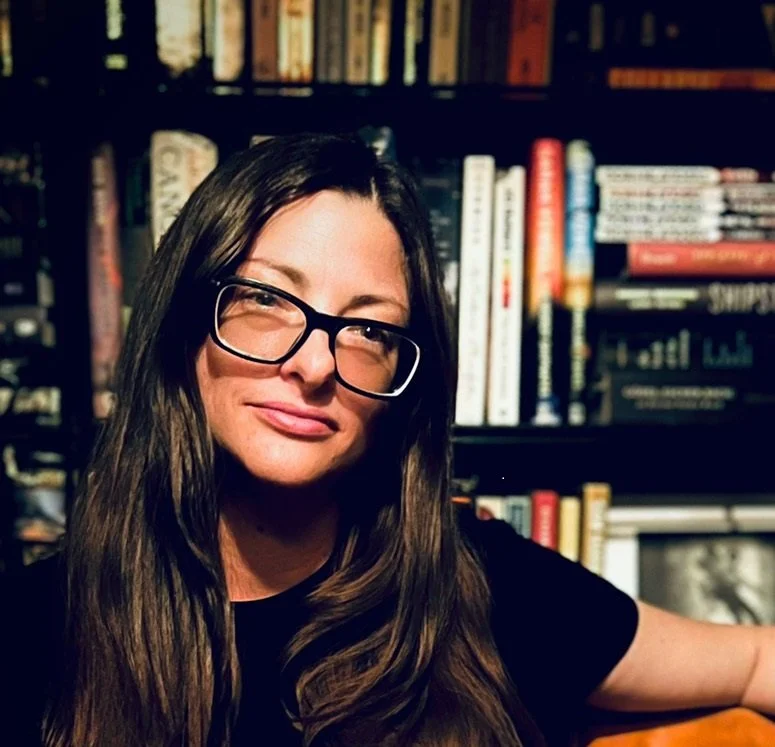Original-Cin Q&A: You Can Live Forever Filmmakers Locate the Humanity in Misunderstood Religion
By Bonnie Laufer
You Can Live Forever is a new offering from filmmakers Mark Slutsky and Sarah Watts.
Loosely based on Watts’ life growing up as a Jehovah’s Witness, the film is set in the 1990s, and stars Anwen O'Driscoll as Jaime, a teenager who is sent to live with her aunt Beth (Liane Balaban) after her father's death.
Beth is married to Jean-François (Antoine Yared), a devoutly religious Jehovah's Witness who aspires to be a leader of his congregation. Jaime soon develops a romantic relationship with Marike (June Laporte), another young woman in the Jehovah's Witness community.
Read our review of You Can Live Forever
Our Bonnie Laufer caught up with Mark Slutsky and Sarah Watts to discuss the origins of the film and finding the perfect lead actresses. You Can Live Forever opens March 24 in Toronto and Vancouver; March 31 in Montreal, and throughout the spring in other Canadian cities.
ORIGINAL-CIN: Mark, you and Sarah have been trying to get this film made for almost a decade. What was the genesis of writing the script and then deciding to write and direct it together?
Mark Slutsky
MARK SLUTSKY: Sarah and I had been friends for a couple years and she took me out one night to have a drink at a dive bar. Sarah started telling stories about her background and I hadn't really known anything about her. I certainly didn't know a lot about Jehovah's Witnesses and I didn't really know her story. She originally grew up in Yellowknife and just had such a fascinating story. Hearing these stories, I felt like it could be a good basis for a film. So, I suggested that we write a movie together because I thought Sarah had a lot to say and it turned out to be a great collaboration.
O-C: Sarah, although the film is not autobiographical, you did draw from your personal experiences. It’s particularly interesting that you focus on the Jehovah’s Witnesses because most people don’t know much about them or have heard only bad things.
SARAH WATTS: Telling Mark stories of my childhood, growing up in this religion, they weren’t bad stories. My family was warm and welcoming in many ways. It was just the other little things that seem very strange to people who are not in it. I’m not going to say it was all great. It's definitely a subculture. But we were determined not to make [the faith] into an obvious villain, because that's too easy. That's not really what the problem is in the story. It's about belief and love and yes, religion influences their relationship, but not in the obvious way. They're not like a big terrible bad church in the way that many churches are.
Sarah Watts
O-C: You hit the jackpot with your two actresses, Anwen O'Driscoll and June Laporte.
MS: We worked with a great Toronto-based casting agent named Jesse Griffiths. Sarah and I both knew from the beginning this was the single most important creative decision we can make for the film. The entire film fell on the shoulders of these two main lead actresses. So, Jesse made some amazing discoveries for us in terms of June and Anwen.
SW: I had been watching teen shows on Netflix and on CTV to get a vibe for some potential actors and I saw Anwen on a show and she's wearing glasses which was kind of dorky but she kept pushing up her glasses on her nose, which is something that I do. I just had a feeling about her so I asked Jesse if she would do a tape and she did and there you go.
O-C: Sarah, I know that the girls had you as a reference but did they do any kind of research to learn a little bit about Jehovah Witnesses?
SW: I sent June only a bunch of JW writings and the JW Bible because I didn't want them to know too much about it. I didn't want Anwen to have this vast knowledge of the religion because her character doesn't either, so I think that helped with them developing the characters on their own.
O-C: Can you talk about the location where the film was shot? It felt perfect.
MS: The Saguenay River valley is about four hours northeast of Montreal, it's basically Canada's fjord. We knew we wanted to shoot somewhere the story could sort of semi-realistically take place as a small English community in the Quebec countryside. Somewhere there might have been a Jehovah's Witness community within it, that had a lot of natural beauty.
There was this beach that was on the sidewalk with a sort of a cliff and then there's another beach at the bottom. You see the shot in the movie a bunch where the tide goes out. It just looks like they're walking on water. As soon as we saw that, we knew that this was somewhere we wanted to shoot and that was our first day of shooting there.
O-C: What have been the reactions since you started showing the film at festivals?
SW: We actually had quite a warm response from the ex-JW community, particularly the gay ex-JW community, which is quite a large group of people that have really embraced film. They have shared the trailer on their Facebook groups, and they've come up to us at film festivals to thank us for such a true portrayal. It has been amazing to talk to people who went through it and felt those things growing up. There was a woman who flew to New York for the Tribeca premiere from Los Angeles because she was an ex-Jehovah’s Witness and heard about the film and had to come see it. It’s stories like hers that make it all worthwhile for us.





